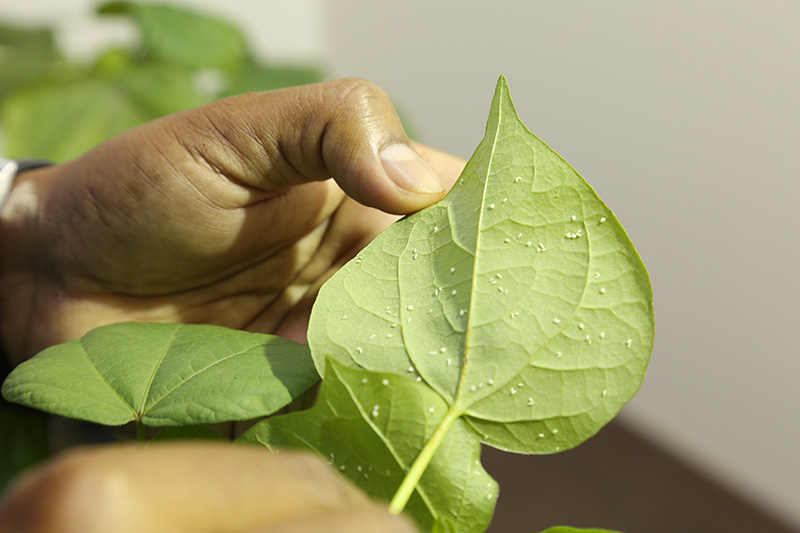
Clint Thompson
Whitefly populations have always been problematic for Florida vegetable growers. Those problems have increased in recent years, according to one industry expert.
Ryan Richards, a consultant with Simplot, was part of a panel discussion during last month’s Citrus & Specialty Crop Expo. The discussion centered on whiteflies.
“I would say in the last 10 years, it’s a drastic increase. We’re seeing whiteflies on more crops than normal; crops where they were not a problem on before,” Richards said. “We’re seeing them in weeds. I really feel like the whiteflies are adaptable and they’re hosting on things we’re not really paying attention to. Maybe they’re hosting in the woods surrounding these fields; we don’t know. It’s the same thing with the viruses. Are the viruses being hosted in some of these plants surrounding our fields? Those things are leading to this drastic increase that we’re seeing.”
Whitefly infestations are significant because of their potential impact throughout the year. They typically migrate from winter vegetables to spring vegetables to agronomic crops, like cotton, to fall vegetables and back to winter vegetables. The buildup of whiteflies is concerning since their feeding injuries in vegetables can lead to virus transmission, including cucurbit leaf crumple virus, cucurbit yellow stunting disorder virus, cucurbit chlorotic yellow virus, squash vein yellowing virus and tomato yellow leaf curl virus.
The lack of new insecticide applications contributed to their rise in recent years.
“In that last 10-year period, there really isn’t new chemistries. We’re increasing the use of the effective materials, but we’re using them over and over again. I begin to question if their resistance or tolerance. What are we doing in these populations for them to have such a drastic increase in specific seasons but also across the entire year?” he said. “Typically, this time of year, we don’t see a lot of whiteflies. This year we’re seeing a lot of whiteflies. Last year we saw a lot of whiteflies.
“What have they done? They’ve adapted.”









